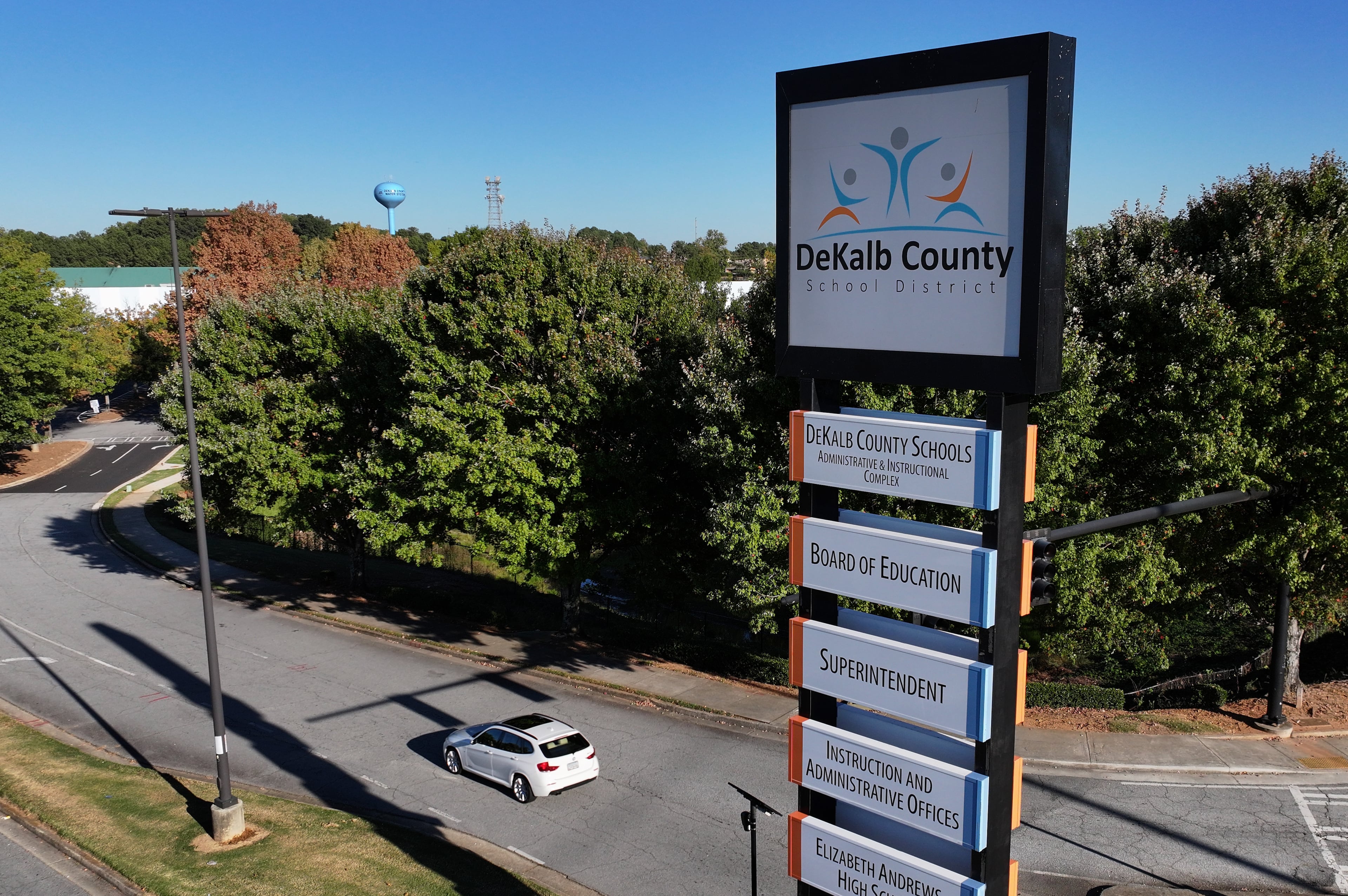5 takeaways from initial Atlanta Public Schools budget plan

The Atlanta school board took an initial vote Monday on the district’s proposed $1.8 billion budget for the upcoming fiscal year, which begins July 1.
The plan includes spending on new programs as well as some cuts. District officials are allocating more funds for literacy training aligned with “the science of reading” for teachers and administrators, for special education and to bring nutrition services in-house. However, declining enrollment numbers meant officials had to make some reductions, too.
“The development of this budget has required us to make tough decisions around personnel — and non-personnel — costs, especially in our central office,” said Atlanta Public Schools Chief Financial Officer Lisa Bracken. “We will work to minimize gaps in service resulting from these decisions, but are confident we’re on the right track.”
Higher salaries
APS plans to invest $58.9 million in teacher salary increases, retention and recruitment stipends and cost-of-living adjustments for non-teachers. On average, officials say, teachers would receive an 11% pay increase and non-teachers would get 3%-5%. The one-time bonuses for recruitment and retention would cost the school system $8.2 million and would include incentives for teachers at high-needs schools and early hiring stipends, officials said. For example, a teacher returning to teach at a high-poverty school could receive a $3,000 incentive, APS said. The district also has a salary calculator teachers and interested applicants can use to determine their pay.
In-house nutrition
APS has been planning to bring its school meals in-house after contracting with food service companies for several years. Students have said they hope the district’s new superintendent will pay attention to meal planning and offer more options. Bracken said the switch would cost the district $15.4 million and the hope is to get more students to buy meals at school.
Central office cuts
APS has seen a decline in traditional school enrollment over the past decade, which prompted officials to review centralized services, Bracken said. The district’s traditional schools serve 7,700 fewer students than they did a decade ago. Bracken said the budget plan eliminates nearly five dozen vacant positions. She also said some departments were consolidated or eliminated. The cuts resulted in trimming central office costs by about 3%, Bracken said. In an email to The Atlanta Journal-Constitution, the district said the cuts were part of a strategy, outlined by the school board, to shift spending closer to classrooms.
Increased health care costs
Like most Georgia public school districts, APS will see an increase in health care benefits costs for employees next year. Bracken said the district will pay an additional $4,620 per classified employee in the upcoming year — an increase of 32%.
Long-term substitutes
Schools have had a hard time finding substitute teachers since the COVID-19 pandemic. That gap, combined with teacher shortages in some areas, has sharpened the need for long-term substitutes. APS would spend $1.4 million to continue to use school-based long-term substitutes, Bracken said.
State law requires the board to hold at least two public hearings on the budget. The first was held Monday evening. The second will take place June 3, followed by a final vote.



